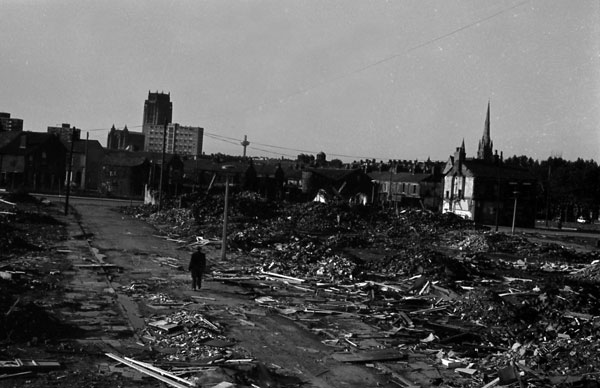New York in the 70s/80s
I was reading Marshall Berman's All That is Solid Melts Into Air and the chapter on Robert Moses was really interesting, particularly on the impact the expressways he built in the outer boroughs and how they fundamentally changed social relations there. Can any of the wise heads from NYC say anything on this subject?
Also, the impression you get from reading the Goodfellas books is that the Mob functioned as a quasi-state for the newly arrived, who hadn't yet had time to become worthy or recognition, protection and advancement by the official state. That comes in time, but the infrastructure of this quasi-state is is still in place. Even by the mid-50s and early 60s, the extortion (taxation) by the mob seems pretty ubiquitous and it what I noted was that the Mob wasn't that secret at all, and actually hard to avoid and keep clear of. Was that the case, and when did it start to change and why?
I was reading Marshall Berman's All That is Solid Melts Into Air and the chapter on Robert Moses was really interesting, particularly on the impact the expressways he built in the outer boroughs and how they fundamentally changed social relations there. Can any of the wise heads from NYC say anything on this subject?
Also, the impression you get from reading the Goodfellas books is that the Mob functioned as a quasi-state for the newly arrived, who hadn't yet had time to become worthy or recognition, protection and advancement by the official state. That comes in time, but the infrastructure of this quasi-state is is still in place. Even by the mid-50s and early 60s, the extortion (taxation) by the mob seems pretty ubiquitous and it what I noted was that the Mob wasn't that secret at all, and actually hard to avoid and keep clear of. Was that the case, and when did it start to change and why?



Comment